The ergonomically designed narrow web flexo press produced by Faridabad-based manufacturer, Webtech Engineering, offers easy operation and consistent performance, reports Rushikesh Aravkar.
Faridabad-based manufacturer, Webtech Engineering has commercially launched its Flexomaster S340, an eight-colour narrow web modular flexographic printing press at Labelexpo 2012. The prototype of the machine was exhibited by Webtech at PrintPack 2011 but the machine was not available for sale until May 2012.
Since Webtech started shipping the machines in July 2012, it has installed four S340 machines worldwide which includes machines at Kapoor Printers, Delhi; Paperscript, UK; and Master Simex, Bangladesh. Kishore Kumar PS, manager-marketing, Webtech Engineering says, “In addition, we are working on five orders, machines which are being built at our facility.”
“The label market is still in the growing mode and we hope the market would remain so for some more years to come. It is competitive, but there is a vast scope. Being flexible in terms of products and services would be the key for machine manufacturers like us,” adds Kumar.
The Flexomaster series of label presses has different variants comprising of S250, S340, S410 and S460. Kumar says, “We provide customised machines which are produced as per the requirements of the customer and his applications. The Flexomaster is a sturdy machine with solid steel structure offering vibration free performance, suitable for printing on labels and flexible packaging.”
Features
The machine can be customised to handle the variety of substrates ranging from 12micron unsupported film up to 400gsm paperboard with web widths of 10inch, 13.3inch, 16inch and 18inch. It has electronic web aligner and pneumatically controlled splice table.
Kumar says, “It operates at the maximum speed of 150 m/min and is compatible with water-based, solvent-based as well as UV inks.”
The printing units are designed for easy operation and consistent performance with quick mounting plate cylinder and slide-in anilox roller. The printing units are equipped with easy-to-remove cassette arrangement so that anilox roller, ink roller and ink tray can slide out for quick changeover and fast setting of jobs.
“The tool-less operation proves the ergonomic design of the machine. In addition, the inking units are completely covered to avoid any ink splash or accidents,” adds Kumar.
The Flexomaster is equipped with a three-cylinder die-cutting station for precise die-cut on front and back of the web. This station can be interchanged with perforation or nipping units as per the requirement.
Applications
This press is suitable for printing all kinds of labels for FMCG, cosmetics, liquor, wine, pharmaceuticals, food products, auto parts, garments etc; along with folding cartons, flexible packaging, security printing such as excise labels, scratch cards, scratch off labels, and thermal paper for ATM.
“Its modular design, as well as, precise and rigid construction, provides the versatility and reliability which is necessary for intricate label jobs,” says Kumar.
Combi press
The machine is designed to accommodate different printing technologies such as offset, gravure, inkjet, rotary screen etc in line with the flexographic printing units in addition to post-press processes such as cold foiling, hot foil stamping, die-cutting etc.
“This makes it a truly combi press for decorating labels and producing special products for brand protection,” says Kumar.
The other optional features that can be incorporated onto the press include a corona unit; video camera for inline inspection; lam-delam for printing on the adhesive side and drying units. Kumar says, “The customer can choose the specific drying systems such as hot air; infrared; or UV as per the requirements of his applications.”
Webtech Engineering has installed over 700 machines worldwide. According to Kumar, digital technology is surging into the label market but it is only limited range of short-runs jobs. “The variety which flexo provides cannot be obtained by using digital technology. The products which are printed digitally are easy to counterfeit as opposed to flexography which has more technicalities and steps. Therefore flexo becomes difficult to fake or replicate,” concludes Kumar.


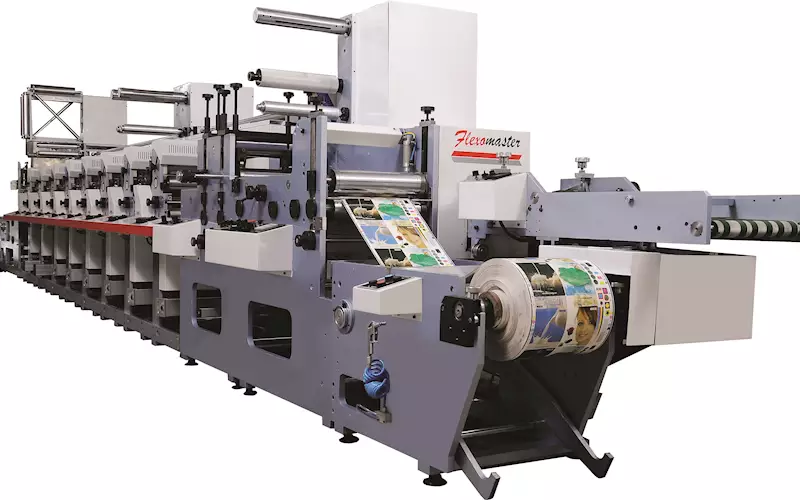
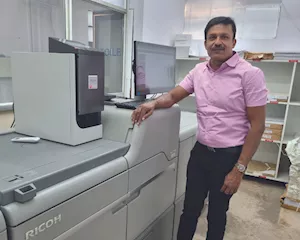
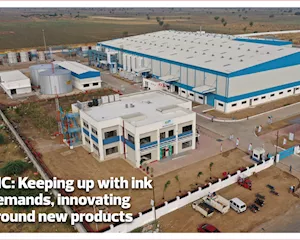
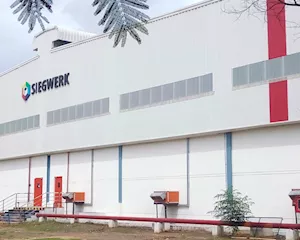

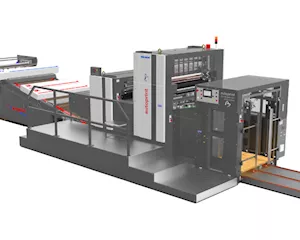






 See All
See All